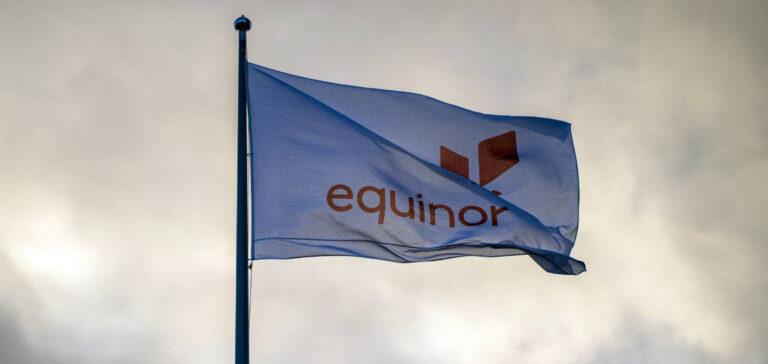RWE and Equinor, two leading players in the energy sector, have consolidated their partnership with a new long-term contract for the supply of natural gas. Under the terms of the agreement, between 10 and 15 terawatt-hours (TWh) of natural gas will be delivered every year from now until 2028. This agreement underlines both companies’ commitment to ensuring a stable supply of natural gas to meet energy needs.
Natural Gas for Germany
Gas supplied under this contract will be directed to Germany’s virtual trading hub, THE (Trading Hub Europe). Commenting on the agreement, Andree Stracke, CEO of RWE Supply & Trading, said: “We are delighted to have signed a long-term gas supply agreement with our partner Equinor. For us, as a global energy trader, gas plays an important role in the energy transition. This new gas supply agreement is a further essential element in our pan-European natural gas portfolio, helping to ensure security of supply.”
Strengthening energy security
Helge Haugane, Senior Vice President Gas and Energy at Equinor, highlighted the historic partnership between Germany and Norway in the energy sector, saying: “Germany and Norway have been energy partners since the beginnings of Norwegian gas exports over 45 years ago. I am delighted that we are continuing to develop this partnership and that we can announce a new bilateral agreement between Equinor and RWE, one of the many companies that see Norwegian gas as a facilitator of energy security as well as the energy transition.”
Energy and Hydrogen Transition
Earlier this year, RWE and Equinor unveiled plans to create extended value chains to ensure energy security and reduce emissions, in response to the German-Norwegian Partnership on Climate, Renewable Energy and Green Industry. The first step is to invest in new gas-fired power plants in Germany, capable of using hydrogen as a raw material as soon as it becomes widely available in the country.
These plants are also subject to the power plant strategy announced by the German government, aimed at creating a suitable regulatory framework for new gas-fired power plants. A key element of the value chain will be the production of low-carbon hydrogen in Norway and its transport to Germany, which could accelerate the development of a hydrogen economy. Eventually, green hydrogen will also be produced from wind power along the pipeline route.
In summary, the new natural gas supply agreement between RWE and Equinor represents a significant step forward in their long-standing partnership. This agreement not only ensures a stable supply of natural gas, but is also in line with their commitment to sustainability and the energy transition. As the energy sector continues to evolve, such collaborations will play a vital role in ensuring energy security and reducing emissions.






















